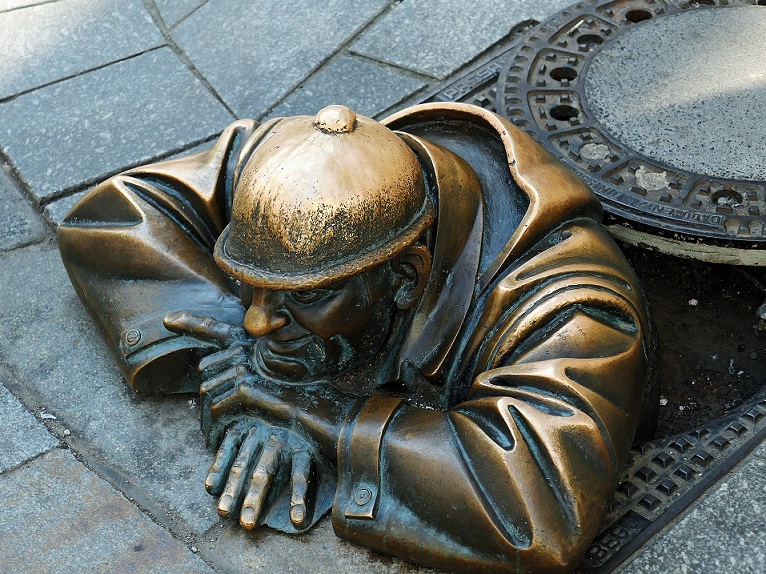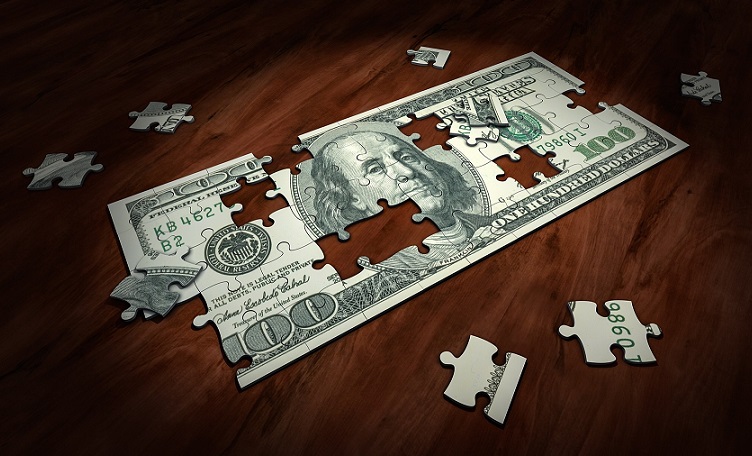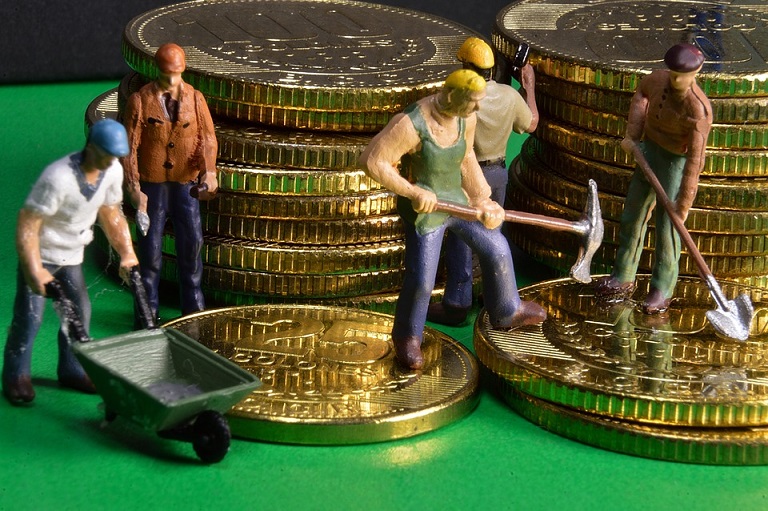Mansour Mohammadian is the founder of Economics of the Third Way, a model which proposes a replacement to the current economic system after the financial collapse. The theory is based on forgotten principles for regulating the economy, such as solidarity and trust.
 Miriam Valero
Miriam Valero
In the 1980s Mansour Mohammadian, the Iranian professor of Bioeconomics at Madrid’s Complutense University, began to try to change the aggressive global economic system.
This system seeks only exponential growth and has forgotten fundamental principles for humankind’s survival, such as the preservation of the environment. He was resigned to seeing the economy as something separate from life and biology. And his proposal, Economics of the Third Way, attempts to bring together both sciences in an economic model based on principles such as solidarity, trust and altruism; values which capitalism has erased from financial perception.
Specifically, his model suggests mixing free market values with state intervention; having a sceptical view on globalisation, which has concentrated wealth in a minority; reducing the voracious consumption and aggressive production which reign in today’s society; as well as putting the emphasis on recycling and the regeneration of resources.
Mohammadian spoke with The Prisma and described the pillars of his theory, set out in the book “La Bioeconomia: Economía del tercer camino. Entre la antigua economía local y la nueva encomia global” (Bioeconomics: Economy of the third way. Between the old local economy and the new global economy).
 How do you define Bioeconomics? What are its basic tenets?
How do you define Bioeconomics? What are its basic tenets?
Bioeconomics has emerged from the synthesis of biology and economics. Half a century ago, the British philosopher C.P. Snow spoke of the two cultures that exist here on Earth, the culture of biology on the one hand and the humanist culture of the economy on the other. With Bioeconomics I wanted to propose creating a bridge and ending this separation in order to arrive at a third culture in which both are united.
And how would you describe capitalism?
Economics has become detached from its biological roots, from nature. As a result, the capitalist system isn’t complete and isn’t going to work. There is no solidarity, fraternity, altruism; there are no non-economic, intangible factors that take into account human feelings or the Earth’s biological needs. This is what Economics of the Third Way tries to incorporate.
Capitalism has been around since the industrial revolution, and it’s a system that only aspires to incessant growth and, at the same time, the exploitation of the biological resources that will one day run out.
This ferocious growth cannot be maintained. Capitalism is unsustainable.
Where did global warming come from? Where did the ozone hole come from? It’s all the result of our economic system.
 How has capitalism failed?
How has capitalism failed?
Capitalism is a system without heart and is based on short-term profit. I don’t do anything that won’t profit me.
We don’t think about what will help others. It’s true that it has created a lot of wealth, but it has failed in the distribution of this wealth.
If capitalism doesn’t keep growing, that will be the end of it. It has no choice. It has to keep devouring biological resources. This is a diabolical struggle. Sooner or later the resources capitalism uses will run out and then what will the human race do?
Could the economy of the third way be the solution to financial collapse?
It could put a stop to it. The problem we have been having for the last four years with the economic recession does not only come from economic problems, but also from a lack of values. We don’t have any trust. Governments injected money into the banks so that they could use it as credit to stimulate the economy and encourage growth, but the banks didn’t loan the money because they didn’t trust people. Trust is one of the basic tenets of the third way, along with solidarity, empathy and altruism.
Your model talks of making such contradictory concepts as altruism or solidarity and the acquisition of profit compatible.
The third way doesn’t preclude consumption and wealth creation.
 An economic system has to make money and grow, but it has to use its profits for good, to help the most disadvantaged for example. Wealth has to be created, but not in a competitive, wild, consumerist way, to make us rich. There has to be competition, but it must take into account cooperation, exchange quantity for quality.
An economic system has to make money and grow, but it has to use its profits for good, to help the most disadvantaged for example. Wealth has to be created, but not in a competitive, wild, consumerist way, to make us rich. There has to be competition, but it must take into account cooperation, exchange quantity for quality.
Another of your model’s proposals is to reduce society’s consumption – how can this be achieved?
We have to consume only according to our needs. Practising austerity is a founding tenet of the economy of the third way. For example, the idea of credit, which is a fundamental part of capitalism, didn’t exist until recently, and there lies the problem.
If I don’t have a car I go to the bank and ask for credit and buy one.
Property bubbles are created in the same way: prices go up and people ask for credit to buy real estate and after a few months they sell it making a large profit and buy another.
 You have said that you would like to travel to the Amazon Rainforest to learn about the lives of the indigenous peoples there and see how they live in harmony with nature. Do they have something to teach us about our current economic system?
You have said that you would like to travel to the Amazon Rainforest to learn about the lives of the indigenous peoples there and see how they live in harmony with nature. Do they have something to teach us about our current economic system?
Yes. In capitalism we have ignored all the indigenous peoples’ knowledge and these peoples can explain how to live in harmony with one’s surroundings, how to live an austere life, to live better. Capitalism’s thinking has been more money, more happiness. But this is completely false, lots of money doesn’t bring happiness, and sometimes it produces the opposite effect. Indigenous peoples don’t have cars, they don’t have washing machines, but often they are happier than us.
What real possibility is there that this theory would be instituted as a global system? Is it a pipedream?
Many people have told me that it’s very utopian but actually many countries today have put some of its principles into practice, although they don’t call it by the same name.
China and India, for example, are doing it, and they haven’t experienced economic recession.
This is because, particularly in China, they are practising a form of hybrid economics, somewhere between a free market and state run economy.
The government has been keeping a firm eye on the banks, watching over them like a big brother to ensure that what happened in the West doesn’t happen there.
 Implementing the economy of the third way is complicated in the sense that it won’t happen in a decade or two. Nonetheless, to set the bioeconomy in motion you would only need 1% of the population of a city or country to start adopting its values.
Implementing the economy of the third way is complicated in the sense that it won’t happen in a decade or two. Nonetheless, to set the bioeconomy in motion you would only need 1% of the population of a city or country to start adopting its values.
What does it depend on?
It depends on us; we can’t always depend on governments. We have to start adopting these attitudes. If you ask me for something, I have to trust you. Stick together.
I’m an optimist, and in 50 years’ time, at least, we should have changed the inhuman parts of industrial capitalism and given it some heart. At the very least, we should have persuaded society to salvage its human face and hold values and believe that money and material things aren’t everything in this world.
Yes, with capitalism we have ignored all the knowledge of the indigenous people and these people can explain to us how to live in harmony with their environment, how to live an austere life, and live better. The idea of capitalism has been more money, more happiness. But this is totally false, a lot of money does not bring happiness and sometimes produces unhappiness. Indigenous people don’t have a car, they don’t have a washing machine, but they are often happier than we are.
(Translated by Fiona Marshall – Email: fiona_mn@hotmail.co.uk) – Photos: Pixabay












.jpg)












